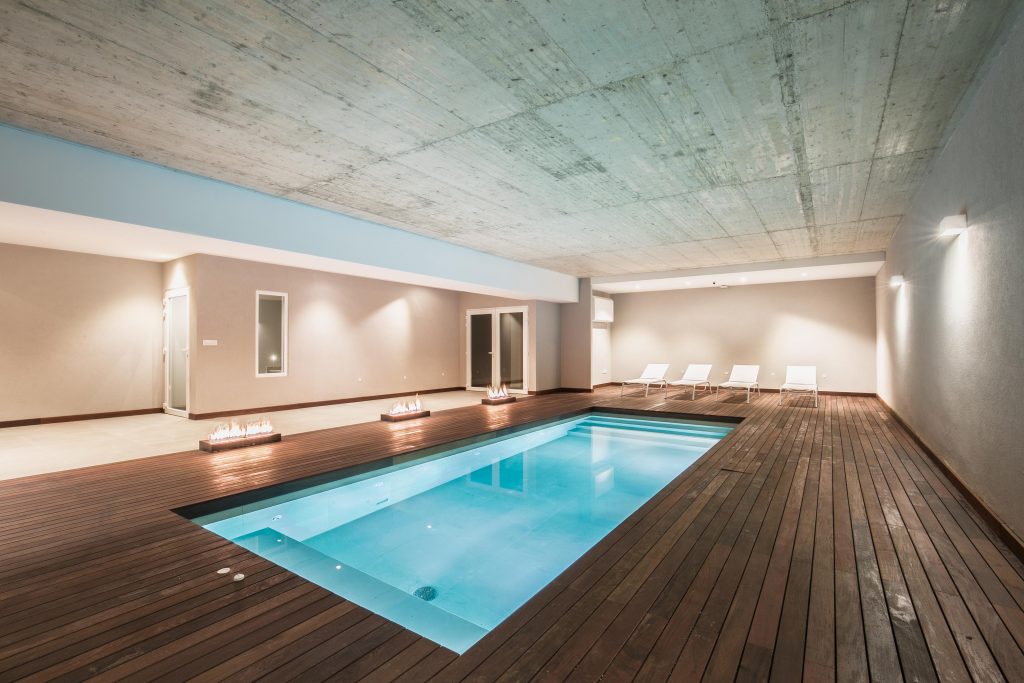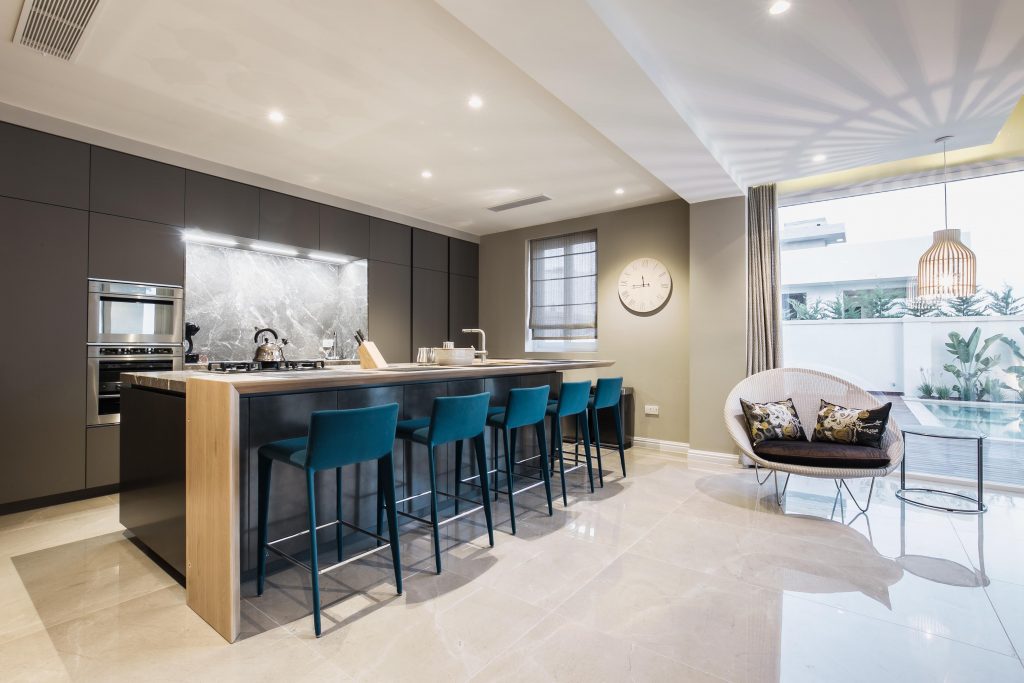An Overview of Long-term Rentals in Malta
Attaining full ownership of a home in Malta is the most popular avenue pursued by those who invest in local real estate. This is especially prominent in the case of owner-occupiers who prefer not to pay rent but rather own the home they live in. For those who have spare cash, buying additional properties to rent out is a very popular option as it gives far better returns than conventional savings, the latter which remain mostly dormant in one’s bank account. Buy-to-let properties also never get used as a main residence by an owner but are rather marketed as income-generating “businesses” in their own right, whether they cater to the short or long-term rentals markets. Owning a property in Malta and renting it out is renowned for beating most other conventional long-term financial investments in several ways: there is the capital growth of the investment itself, the continued positive growth experienced by the rentals market and more importantly, the stability of this type of long-term investment.
Personal background on Long Lets in Malta.
Should You Invest Your Money in a Rental Home?
The answer on this one is absolutely “Yes!” If you can afford to buy a property to rent out at a young age, this will be a great start on your way to financial freedom.
Do some research and educate yourself if you are new to investing in rental properties
The secret is to educate yourself about Malta’s property rentals market with the assistance of a good real estate agent. Property in Malta has consistently outperformed any other kind of long-term investment the world over and real estate is part of many an independently wealthy investor’s portfolio of investments. If you ask any one of them, they will always say: “I wish I did it sooner”. It is a known fact that the longer you own a property, the better an investment they become. The reason for this? Building costs always go up, so the longer you delay buying a property, the more you will pay.
At what age should you buy?
Any age, but the best time to buy your first rental property is when you are young and single, before you have added costs in the way of other commitments. Having your first rental property that is profitable will in fact make things easier for the rest of your life given it has been a wise and sound investment.

Our advice when choosing a long let property
A rosy future
Just remember, the amount you have bought the property for will always remain the same given you have bought it cash or if you have a bond on the property, given that you pay the interest amount each month. The rest of the money you make from the rent will be in your pocket to save and set aside towards buying your next property! A great idea is to not spend the money you save, but to pay off the bond first sooner and that way you will have less liabilities and even more cash in hand to do the same all over again when the property has been paid in full. This way you will set a precedent for the future and lay the foundation stone to absolute financial freedom.
Old or new?
The plus points of older properties are that they usually have higher ceilings, thicker walls, and may even include additional space such as a scullery or pantry that can be converted into an extra room such as a small study or baby’s room. The downside of older properties is that they require more maintenance, are not well insulated, show wear and tear and may need extensive renovation and updating. New properties on the other hand will, if well-constructed, be fuss- and maintenance free for years to come, will usually be modern in design with open-plan features and be guaranteed for some years after construction. Modern builds may be a bit generic in character but will be easy to personalise with fittings and finishes of your choice.
Look at the area
If you see more than the acceptable amount of properties in the area vacant, take this as a warning. If they are standing empty, it’s likely yours will too and avoid buying close by. Also see what kind of people live in the area, the types of shops that feature and what the noise levels are like. Visit the property at different times of the day to assess the overall character of the surrounding neighbourhood, as it will not be the same all the time. Speak to any neighbours you can find and ask them what the positives and negatives are of living in the area and if they would recommend it to anyone.
Look at rental prices in the area and charge similar
It’s tempting to go for higher rentals than the area average, but don’t do this as you will sit with the property for longer and this will lead to you losing money. Ask your Frank Salt Area Specialist about pricing that is competitive and sensible so you get a tenant sooner than later.
Try and rent to families
Families have a reputation that they are more reliable, that they pay on time and look after properties. Families are also more restrained as they have far more to lose if they get asked to vacate a property due to for instance unruly behaviour. They tend to rent for longer periods of time when compared to singles and are easier to do background checks on. This is due to the fact that they are more likely to already have an existing credit ratings history with companies such as banks and retailers.
The importance of aligning yourself with a professional agent
Find a real estate company with a good track record and successful history first, such as Frank Salt Real Estate. Then choose an agent from the group, someone that knows the area where you want to buy in, the best. With their local knowledge of the current market conditions of the area you prefer, they will be able to guide, advise and show you the best properties in the area to invest in.

TYPES OF RENTAL CONTRACTS
If you are going to rent out a property and thus become a landlord or you may be thinking of renting a property and becoming a tenant, you will always have to deal with signing a contract! We will be discussing several aspects of the sometimes very confusing rental contracts themselves, the meanings of stipulations and your obligations and rights whether you are a landlord or a tenant.
First let’s look at precisely which contracts are referred to when we talk about Malta’s rental laws and regulations:
- Agreements that cover residential rentals that were signed or renewed by or after 1 January 2020.
- Agreements that cover residential rentals that were entered into after 1 June 1995 that is still in effect after 1 January 2021.
Rental contracts that are not covered by the new reforms are:
- Seasonal or short lets that caters for tourism and agreements that were entered into with the Maltese government.
- Agreements that cover residential properties when the property is rented either as a holiday home or a second property for/of residence.
- Agreements that cover residential property that were entered into prior to 1 June 1995.
A broad overview of different types of rental agreements
In Malta any rental offered for longer than a six month period (usually starting with one year) is considered as falling under one of the “long-term” categories and in this case there are several conditions that any landlord or tenant must take into consideration. We look at some of the stipulations as laid down by the law that affects both landlords and tenants:
- The Long Private Residential Lease
- The duration of this cannot be shorter than one year.
- The person renting the property (referred to as the lessee or tenant) will be obligated to honour the terms of the rental contract for a minimum period of six months.
- Should the lessee want to end the contract after six months, they can do so after the sixth month by giving one month’s notice by means of a registered letter sent to the landlord.
- Should the landlord not intent to renew the lease at the end of the lease period (1 year), they have to inform the lessee of their intentions at least three months prior to the end of the lease period as stipulated in the contract. This must also be done by means of a registered letter.
- Should the landlord fail to do so within the accepted period as above, it is automatically assumed that the lease will be renewed for another year.
- For this category of lease, the minimum period is one year but the landlord and tenant/lessee may agree beforehand on a term that is longer than one year.
- The Two-year Lease Contract
- In the case of a formal two-year lease agreement being signed, the lessee will be obliged to see out at least nine months of the rental contract.
- Should the lessee want to exit the contract after nine months, they may do so by giving the landlord/lessor a minimum of two months’ notice by means of a registered letter.
- Should the landlord not intend to renew the lease after the full lease period of two years, they need to inform the tenant of their intentions three months prior to termination of the contract and this must also be done by means of a registered letter.
- If the landlord does not notify the tenant as per the above, the lease will automatically renew for another year.
- Three Years or Longer
- Here the minimum period the tenant will have to see out is twelve months.
- After the twelve months or one full year, the tenant may wish to end the contract by giving a minimum of three months’ notice. This notification must be done by means of a registered letter.
- On the other hand, should the landlord not intend to renew the lease, they have to notify the tenant by means of a registered letter at least three months prior to the termination date as stipulated in the rental agreement.
- Should the landlord fail to do so as in the above, it is automatically presumed that the lease is renewed for an additional year.
Any residential rental contract MUST BE REGISTERED!
The lessor or landlord is obliged to register any rental contract that was entered into (a contract that is deemed as finally signed and agreed upon by all parties) within ten days of the act of signing. Should the landlord fail to register the contract with the Housing Authority, it could lead to the landlord being fined. Continued resistance by the landlord to complete the registration of the contract can lead to being issued with multiple fines. It is important to note that the tenant or lessee will be completely acting within their rights should they take it upon themselves to register the contract where there is failure on the side of the landlord/lessor to do so.

Rental Tips for Landlords
If you maintain a property regularly by fixing any issues as they occur, it will save you time between tenant changes as you will have less to repair or replace. If you also ensure that you get a good quality tenant, it is more likely that they will look after the property as if it was their own. We look at how to increase your chances as a landlord of successfully renting your property by taking care of some important points:
- Remove anything previous tenants may have left behind
New tenants do not want to see reminders of previous tenants as it will leave an impression that you as a landlord don’t care a lot about the state of the property. As a landlord, it is important that your rental property is in a neutral state when you show it to prospective tenants.
- Refresh paintwork where needed
Any painted surfaces that needs touching up needs to be refreshed before you show off the property. This will create a feeling of care and maintenance from the landlord and it is one of the easiest and cheapest ways to revive a property. Nothing is more off-putting than cracked, stained or peeling paint or having mould on painted surfaces in bathrooms and kitchens. The smell of fresh paint is also a bonus as it shows that you believe in maintenance and investing in the caretaking of your property and therefore will also care about the tenants.
- Do not put a personal stamp of your individual taste on a property
Do not use your rental property as a dumping ground for old and unloved personal furniture items or as a storage facility. Your tenants will pick this up and besides, why should they pay rent for a cluttered property that is full of out-dated and tired pieces of furniture or collections that they do not relate to? Also stay away from using personal favourites when it comes to colours, patterns, tiles and carpets. Use neutral shades of colour from the same colour family such as light greys, creams and whites. The same goes for upholstery, soft furnishings and carpets. Your tenants need to see a blank, neutral canvas and envisage what they can do to make the space their own.
- Make sure it is spotless
Ensure that your property is totally spotless and smells fresh before you show it to new tenants. Glass needs to shine, all surfaces needs to be immaculate such as countertops, cookers, hoods, baths and basins, floors and walls. If you have wall-to-wall carpets in certain areas, inspect it for any stains or marks and especially smells! If you can’t get it clean yourself, hire a professional to do it. It will be money well spent.
- Replace and repair
Do not ever try and hide anything that is cracked, has holes from cigarette burns, and has dents or leaks. Have cracked windows or doors that have holes in them replaced and have new carpets installed if they cannot be mended or cleaned up to look as good as new. Have soft furnishings professionally steam cleaned, buy new linen and towels. This also applies to mattresses especially. If you have curtains or blinds, make sure they are dust-free and smell fresh. One of the most often forgotten items are ceiling fans: make sure the blades are clean and dust-free and that it works. Have AC’s regularly serviced to ensure optimal performance and a long life of efficient service.
- Have a minimal amount of plants
Tenants do not want to feel they have the responsibility of looking after your plants. If you have to have anything green, make sure to choose water-wise, hardy indigenous plants that require minimal caretaking. Always ask tenants if they want the plants as part of the lease or if you should remove them.
- Balconies and terraces
Balconies and terraces need to be clean and spotless. Remove anything unsightly especially dead plants, old unwanted furniture and try not to have bins and refuse bags on your balconies and terraces.

Rental Tips for Tenants
If you have decided on a property in Malta because it is neat, clean and in good shape, try and keep it this way for the duration of your stay. This does not mean you cannot apply your personal touch to make it feel more like home: we have some useful tips for tenants that will go a long way ensuring that you stand a good chance of getting your full deposit back, simply by looking after the property.
- Hanging pictures
Only use picture hooks that are already there otherwise get some removable picture hooks or strips that are guaranteed no to leave any marks when you remove them.
- Soft furnishings
Try not to eat or drink when sitting on your fabric covered chairs and couches of your rental apartment, as accidents happen all the time. If anything happens, have it professionally cleaned.
- Smoking
If you are a smoker, ensure that you do so outside. This will ensure your rental smells fresh for longer and also prevent the walls from getting stained by the lingering smoke that hangs in the air or that carpets and other soft furnishings absorb the smell. Always make sure that your landlord allows smoking, no matter if you even do so outside.
- Maintenance
Always make sure you report anything that breaks, leaks or need repairs to your landlord soonest and never try and fix anything yourself. This is not only in your best interest, but your landlord will also be grateful as it may prevent consecutive damage to other items in the property or that of neighbours.
- Caretaking
Keep the property in tip-top shape like the day you moved in. Normal wear and tear is of course acceptable over time and for this you will not be penalised one day when you move out.
- Good relations
Allow the landlord to make routine on-site inspections, as this is an opportune time to point out anything that you may be concerned about.
- Pets
Always inform or ask your landlord about pets that you intend to bring to the premises and make sure they do not misbehave in any way.
- Always ask for permission
If you want to repaint a wall or room colour, rethink this as you will be asked to return it to its previous state or money will be deducted from your deposit to cover costs that the landlord will incur in order to do so.
Do not ever alter, install or change anything in the setup or structural layout of the property such as adding a dry wall or partition, install shelving or similar without getting written permission from the landlord to do so. You can also not expect compensation for this even if the landlord has given his written consent for you to do so. The best is to leave things as they are from the day you move in to the day you move out.
The rule between landlords and tenants
The general rule of thumb between landlords and tenants (even if they are only prospective tenants) is communication. As a tenant, point out things that you have concerns about and ask questions. As a landlord, make clear what your rules and expectations are of any new tenant. There is nothing better than a wonderful landlord and a dream tenant. Rental contracts are there for a reason: to protect BOTH the landlord and the tenant and if all parties are happy to sign it, they also have the obligation to honour everything that is contained within it.
The last word
No matter where you are in the country, Frank Salt Real Estate covers the whole of Malta and Gozo. We know the market and we have the properties, whether you want to buy for investment or are looking to rent. We also supply experienced or new-to-the-market landlords with pre-qualified tenants and we have a very efficient property management division that can do everything for you! With more than 50 years of experience in the local real estate market, you are guaranteed of wise and sound investment advice. Call us on +356 79621984 or +356 22770210




 Back to Blogs
Back to Blogs



